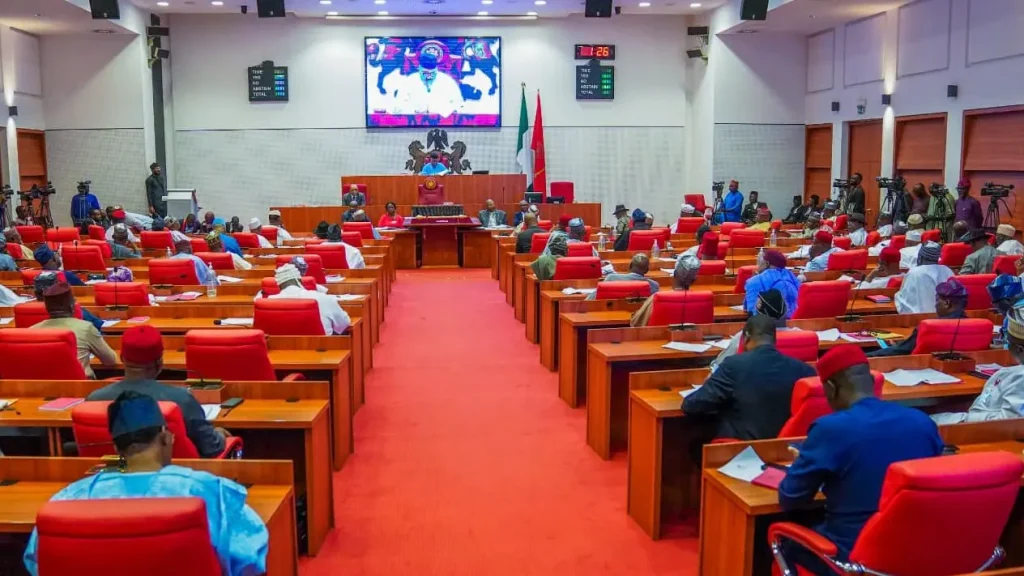CurrentReport Blog The Nigerian Senate has expressed dissatisfaction with the performance of the country’s electricity distribution companies (DisCos) and the Transmission Company of Nigeria (TCN) since the privatisation of the power sector in 2013. The lawmakers described the privatisation process as a failure, raising concerns about the continued inefficiencies in electricity distribution and grid stability.
During a plenary session, the Senate threatened to initiate legislative measures to reverse the privatisation policy. This discussion followed the submission of a report by the Chairman of the Committee on Power, Senator Eyinnaya Abaribe, who criticised the inability of DisCos to deliver reliable power supply to Nigerians.
Massive Financial Losses Due to Grid Collapses
Abaribe’s report highlighted the recurring financial toll caused by the frequent collapse of the national grid. He revealed that restarting a single power plant after a grid collapse costs approximately $7.5 million. With three plants operational, the cost per collapse skyrockets to $25 million.
The Senate engaged in intense debates, with lawmakers expressing deep frustration over the state of the power sector. Senate President Godswill Akpabio questioned the efficacy of the privatisation policy, noting that despite private sector involvement, service quality has deteriorated.
“Why do governors and individuals have to buy transformers, hand them over to DisCos, and still pay for installation?” Akpabio asked, reflecting on the poor service delivery.
Calls for Accountability and Reform
Adams Oshiomhole, representing Edo North, expressed regret over his prior support for privatisation. He described the process as “ill-conceived and ill-executed,” lamenting that Nigerians are forced to pay for services that are not rendered.
To address the challenges, the Senate withdrew the motion temporarily, directing the Senate Committee on Power to develop actionable and comprehensive recommendations within six weeks.












